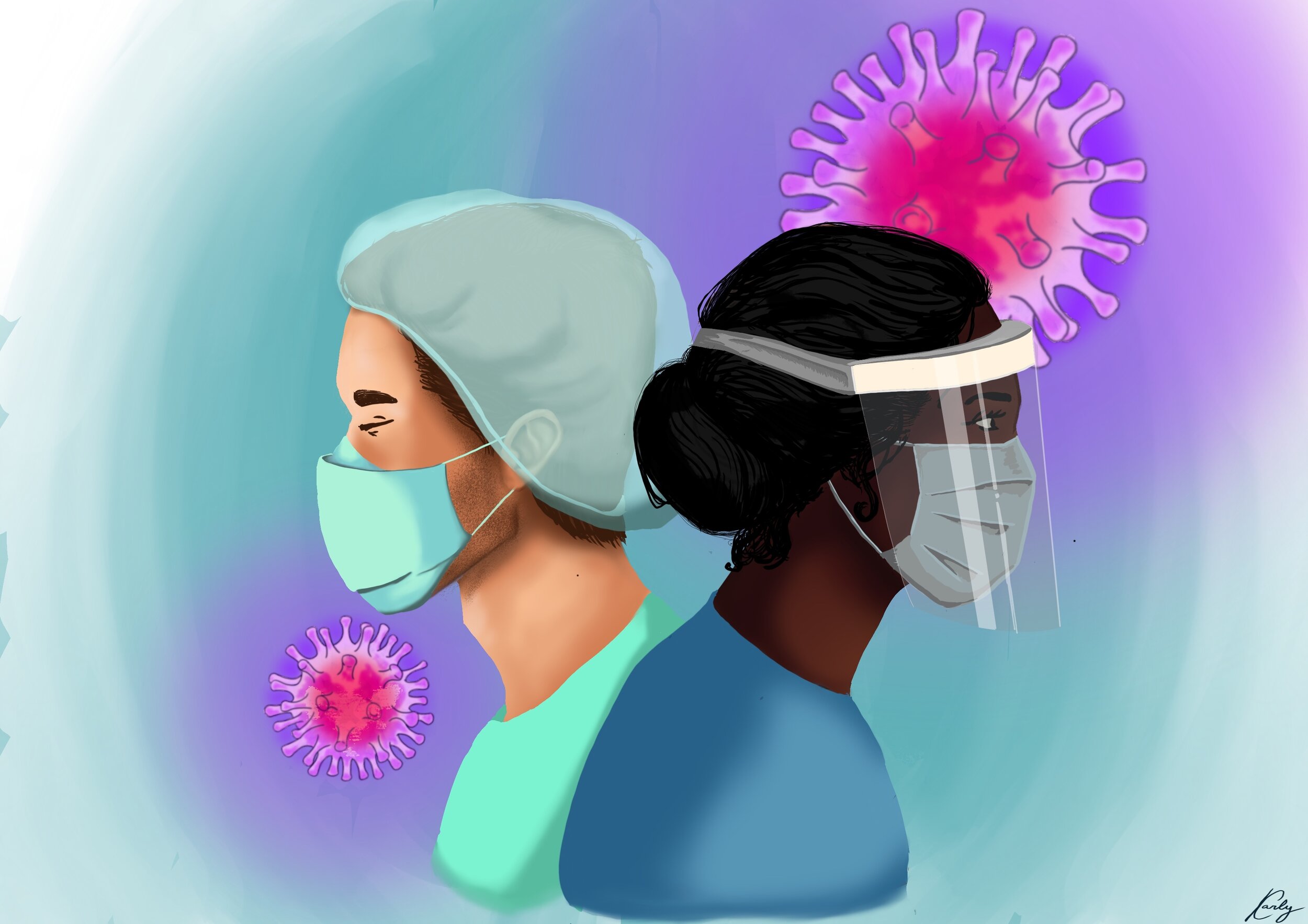Op-Ed
The beginning of 2020 carried great expectations for nurses and midwives across the globe. In May 2019, the World Health Organization (WHO) nominated the year 2020 as the Year of the Nurse and the Midwife (YONM)…
We’ve all been there… we’re university students who are expected to be the “experts” at the dinner table. Over the past few months, I’ve sat down with my parents or roommates for a meal and been asked, “So what do you know about the Coronavirus? Have any of your professors talked about it? How concerned should I be?”
The entire world is under lockdown. Thousands of people are dying. The global economy has been dramatically halted. The coronavirus pandemic of 2020 is a major challenge that is affecting all countries, and thus requires a coordinated and scientifically informed approach.
Growing up near the foot of the hills of Freetown, Sierra Leone in the mid-1990s, life was a pleasant mix of childhood bliss and bountiful surprises from family and neighbours…
In 2015, Canada’s Truth and Reconciliation Commission (TRC) identified significant gaps in health outcomes between Indigenous and non-Indigenous communities…
The lines begin to stretch around the block well before 5:00 each morning. People wait for hours, hoping that there will be something left by the time they reach the door. They’re waiting for a loaf of bread.
Household food insecurity is a serious public health problem in Canada. In addition to being associated with poor physical and mental health outcomes, the stress endured by children from food-insecure households predisposes them to a cascade of disadvantages…
It has become cliché to say that 2016 was a bad year. As far as countries go, however, one of the hardest hit by 2016 has to have been Brazil.
On January 21, UofT350 released an open letter to University of Toronto President Meric Gertler calling for fossil fuel divestment. This was signed by multiple student groups, including Juxtaposition.
The WHO-approved term “Neglected Tropical Diseases,” is ubiquitous in the global health world, often shortened to its requisite public health abbreviation “NTDs”…
Society’s ideal body shape and size has shifted tremendously over the centuries. Throughout human history, the ideal body was more ample and stout than today’s athletic and slim ideal…
There is significant and increasing evidence that climate change has serious effects on health that will only exacerbate with time. The spread of vectors, such as mosquitoes and deer ticks, increases the occurrence of vector-borne diseases. More frequent extreme weather events cause accidents and injuries that tax our healthcare systems…













Despite having nearly 77% fully vaccinated population and 83% of people over the age of 5 with at least one dose, Canada surpassed 40,000 new COVID-19 infections in a single day as of December 31 2021 [1,2]. The continuation of a streak of rapid infection growth is taking place amid tighter public health restrictions by the federal government and provinces/territories..